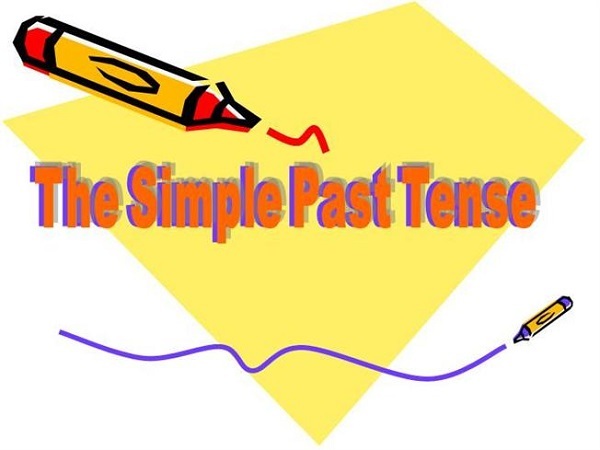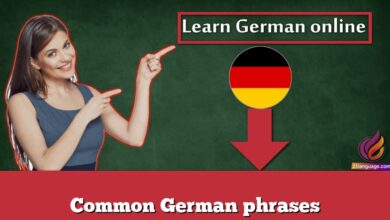Simple Past in German

Simple Past in German.Language serves as a dynamic and complex medium for human communication, and within this framework, the simple past tense remains one of the most critical linguistic tools we use to discuss events that have occurred in the past. Whether we aim to talk about past personal experiences, describe a historical event, or even provide explanations for certain circumstances, the simple past tense is the quintessential tool for doing so.

Explanation about Simple Past in German
Structure and Conjugation
In the case of regular verbs, the Simple Past tense is formed by adding a specific set of endings to the stem of the infinitive verb. Here are the regular endings for each subject pronoun:
- Ich: -te
- Du: -test
- Er/Sie/Es: -te
- Wir: -ten
- Ihr: -tet
- Sie/sie: -ten
For example, the verb “machen” (to make) becomes:
- Ich machte
- Du machtest
- Er/Sie/Es machte
- Wir machten
- Ihr machtet
- Sie/sie machten
Irregular verbs in the Simple Past often undergo a vowel change in the stem, in addition to the regular endings. For example, the verb “sehen” (to see) becomes:
- Ich sah
- Du sahst
- Er/Sie/Es sah
- Wir sahen
- Ihr saht
- Sie/sie sahen
Usage
The Simple Past is primarily used in:
- Written Narratives: For telling stories or recounting past events.
- Formal Speech: In formal settings or speeches.
- News Reports: To describe events that have been completed.
Examples sentenses about Simple Past in German
| Verb | English Verb | Example Sentence in German | Example Sentence in English |
|---|---|---|---|
| machte | made | Ich machte meine Hausaufgaben. | I did my homework. |
| kaufte | bought | Du kaufte ein neues Auto. | You bought a new car. |
| lernte | learned | Sie lernte Deutsch. | She learned German. |
| kochte | cooked | Wir kochten das Abendessen. | We cooked dinner. |
| spielte | played | Ihr spieltet Fußball. | You (plural) played soccer. |
| sah | saw | Er sah den Film. | He saw the movie. |
| ging | went | Ich ging ins Kino. | I went to the cinema. |
| fand | found | Du fandst den Schlüssel. | You found the key. |
| wusste | knew | Sie wusste die Antwort. | She knew the answer. |
| las | read | Ich las das Buch. | I read the book. |
Examples for using Simple Past in German
| German Subject Pronoun | Regular Verb: “machen” (to make) | Example Sentence | Irregular Verb: “sehen” (to see) | Example Sentence |
|---|---|---|---|---|
| Ich | machte | Ich machte Hausaufgaben. | sah | Ich sah einen Film. |
| Du | machtest | Du machtest Kaffee. | sahst | Du sahst ihn an. |
| Er/Sie/Es | machte | Er machte einen Fehler. | sah | Sie sah nicht gut aus. |
| Wir | machten | Wir machten Urlaub. | sahen | Wir sahen die Show. |
| Ihr | machtet | Ihr machtet Lärm. | saht | Ihr saht großartig aus. |
| Sie/sie | machten | Sie machten Geschäfte. | sahen | Sie sahen das Spiel. |
In conclusion, mastering the simple past tense is not merely a matter of grasping a grammatical rule; it’s part of a broader understanding of how we communicate as human beings and how we interpret the world around us. Fundamentally, it reflects how we narrate our stories, document our experiences, and create our meanings.




























